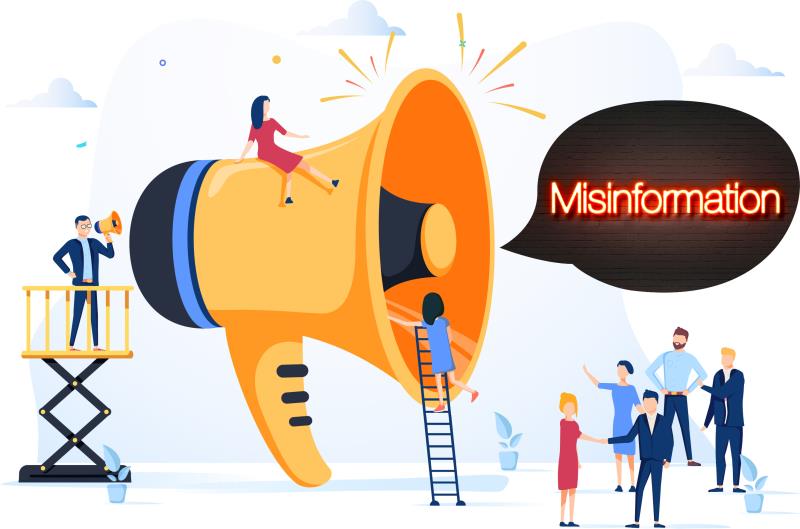Searches for unproven COVID-19 therapies spike after high-profile endorsements





Endorsement of unproven COVID-19 treatments by high-profile public figures led to a drastic increase in the search and purchase of said treatments in the US, according to a research letter published in JAMA.
The study was initiated following the endorsement of the use of chloroquine and hydroxychloroquine by the entrepreneur Elon Musk and US President Donald Trump on March 16 and 19, 2020, respectively. The authors used Google Trends to identify the number of daily searches originating in the US for these drugs between February 1 and March 29, 2020. March 16 was determined as the cut-off point for widespread knowledge of the two drugs. Two periods of searches were assessed: all days after March 16 and all days after March 22, the latter when chloroquine-related poisoning events were reported.
Skyrocketing of queries and purchases
Enquiries on purchasing chloroquine were 442 percent higher than expected after high-profile endorsements that this drug could treat COVID-19, while that for hydroxychloroquine was 1,389 percent higher. [JAMA Intern Med 2020;doi:10.1001/jamainternmed.2020.1764]
The first and greatest increases in searches occurred in conjunction with Musk’s and Trump’s endorsements by tweet and television appearance, respectively (28,319 and 20,311 estimated searches for chloroquine and hydroxychloroquine, respectively).
“These changes represent about 93,000 and 96,000 more searches than expected for chloroquine and hydroxychloroquine, respectively, with 216,000 total searches for both drugs over just 14 days,” said the authors.
Searches to purchase chloroquine and hydroxychloroquine remained elevated even after the first death due to these drugs was reported (212 and 1,167 percent higher than expected, respectively).
The trouble with high-profile endorsements
“Musk’s and Trump’s endorsements are especially troublesome for three reasons,” said first author Michael Liu, a graduate student at the University of Oxford, Oxford, UK. “First, these treatments have inconclusive clinical efficacy. Second, these drugs have potentially fatal side effects. Third, chloroquine-containing products such as aquarium cleaner are commercially available to the public without a medical prescription.”
“[W]e usually think misinformation spreads from unreliable health sources, online trolls, and bots. It’s rare to have health misinformation coming from such high-profile figures,” said co-author Associate Professor Mark Dredze from the Department of Computer Science at Johns Hopkins University, Baltimore, Maryland, US.
“Our leaders and news makers need to be more mindful of the potential collateral effects of their speech,” added co-author Dr John Ayers from the Qualcomm Institute, University of California San Diego, California, US. “You can’t quickly put humpty dumpty back together again once you’ve broken him.”
Focus on the facts
“It is … critical that regulatory agencies pivot to address COVID-19 misinformation,” said study co-author Theodore Caputi, a research fellow at the Center for Data Driven Health at the Qualcomm Institute. “The FDA should directly communicate with the public about the potential harms of unapproved therapies and create resources where the public can learn accurate information about the efficacy of chloroquine or hydroxychloroquine, and other unproven medications or products the public might be turning to.”
“Even during these unprecedented circumstances, we must still practise evidence-based medicine,” said Liu. “This means allowing the usual FDA approval process to run its course so the public is protected from unnecessary harms.”
The authors noted that in addition to the potential dangers of using these medications without prescription, stockpiling of these medications could also lead to shortages for patients who require them for conditions for which they are indicated.
They also noted the role played by retailers in handling the situation. “Google responded to COVID-19 by integrating an educational OneBox into search results related to the pandemic that linked millions of searchers seeking information on coronavirus to evidenced-based resources. This should be expanded to include warnings after searching for potential COVID-19 therapies so people can be directed to reliable information,” said Liu, who called for other retailers and marketplaces that sell these products to “provide appropriate warnings” or cease selling these products.